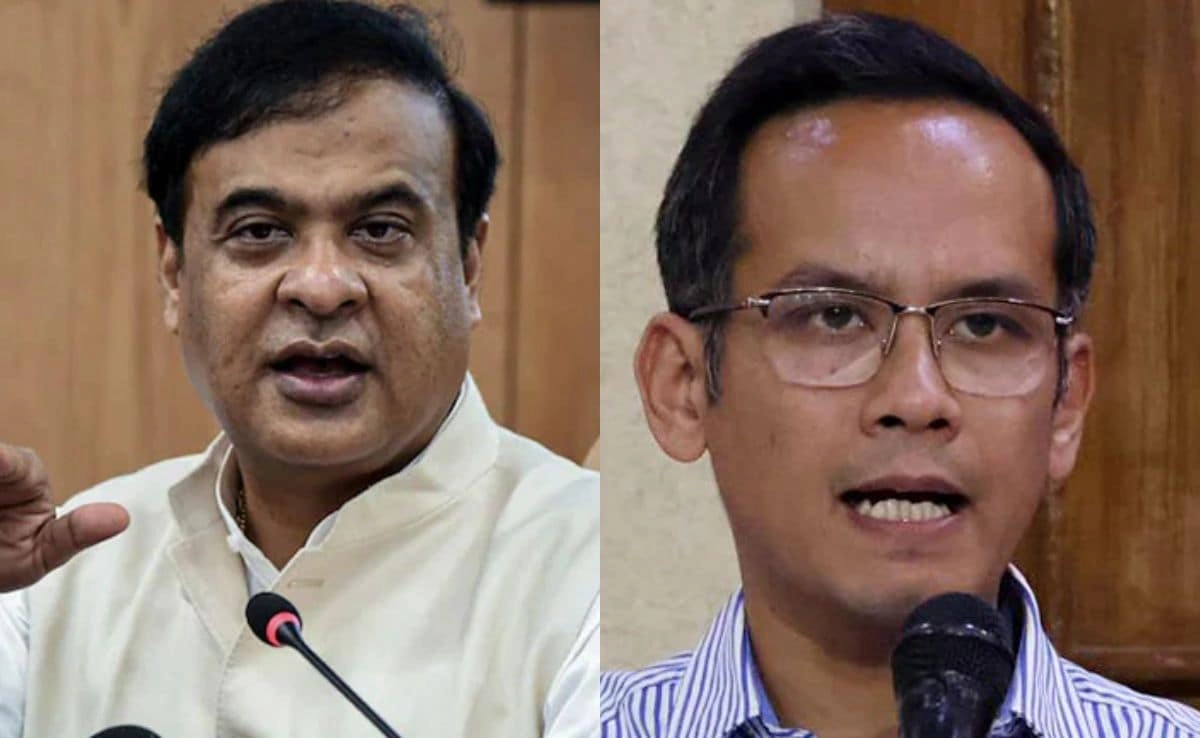In a recent political exchange, Himanta Biswa Sarma, the Chief Minister of Assam, made a provocative statement accusing Gaurav Gogoi, a prominent Congress leader, of having connections with the Inter-Services Intelligence (ISI), Pakistan’s intelligence agency. This claim, labeled as an “ISI invite,” was intended to undermine Gogoi’s credibility and question his loyalty to national security. Sarma’s remarks came amid heightened political tensions, where leaders often resort to aggressive rhetoric to score points against their opponents. The implications of such accusations are significant, as they can shape public perception and influence electoral outcomes.
In response, Gaurav Gogoi invoked a sharp retort, describing Sarma’s allegations as akin to a “B-grade film.” This metaphor not only served to dismiss Sarma’s claims as sensational and lacking substance but also positioned Gogoi as a rational and composed figure amidst the political fray. By equating the Chief Minister’s statements to a poorly scripted movie, Gogoi sought to highlight the absurdity of the accusations while calling into question the integrity of Sarma’s leadership. His reply underscores a broader strategy often employed in politics, where leaders attempt to deflect criticism while maintaining their image of credibility and seriousness.
This exchange is emblematic of the current political landscape in India, where personal attacks and sensational claims frequently dominate discourse. Such tactics can distract from substantive issues that affect the electorate, including economic policies, social justice, and governance. The use of dramatic rhetoric, while effective in rallying a base, often detracts from meaningful dialogue about the pressing challenges facing the country. In this context, Gogoi’s counter-argument not only seeks to protect his reputation but also serves as a call for more responsible political engagement.
As the political climate continues to evolve, the implications of these exchanges will likely resonate beyond immediate reactions. They reflect broader trends in how political narratives are constructed and contested in India today. The interplay between accusation and rebuttal can shape electoral strategies, influence party dynamics, and ultimately affect voter sentiment. In this high-stakes environment, leaders must navigate a fine line between assertiveness and accountability, ensuring that their messages resonate with a public increasingly wary of political theatrics.




